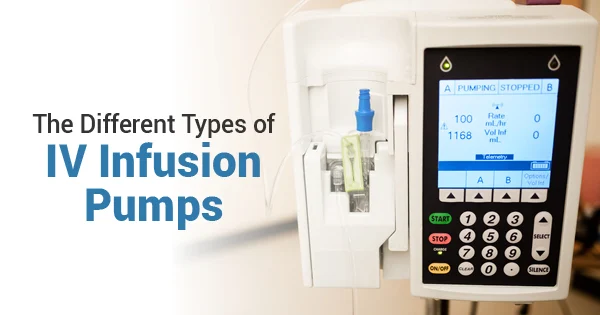Your Guide to Renting and Financing Medical Equipment

In order to provide the highest quality of care to your patients, your facility needs to be outfitted with the best equipment available. However, a growing business may not always have the funds to purchase that medical equipment outright. Often, it's clear that the most cost-effective option may be securing financing for medical equipment or to consider hospital equipment rentals.
Read More...








